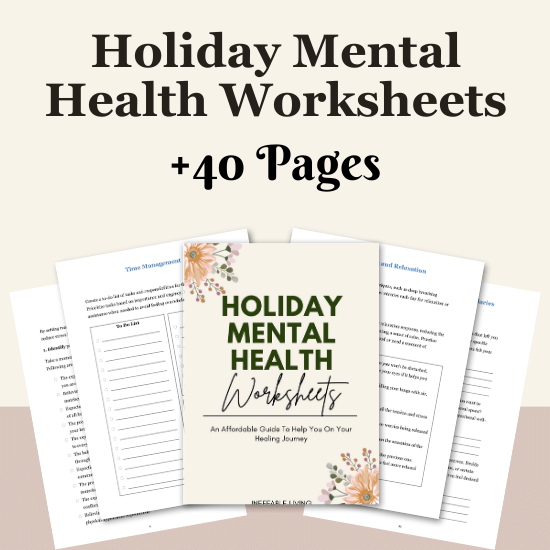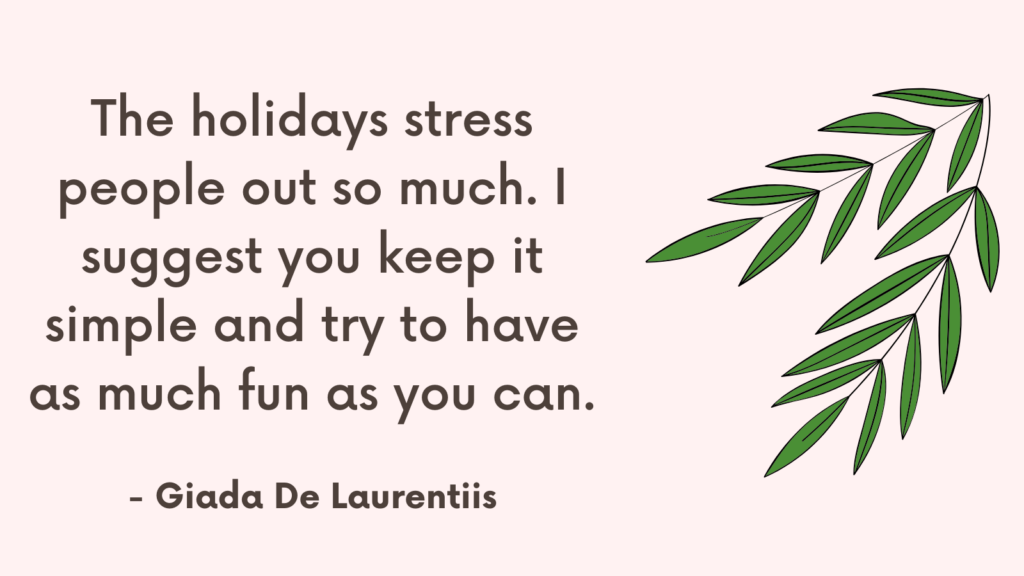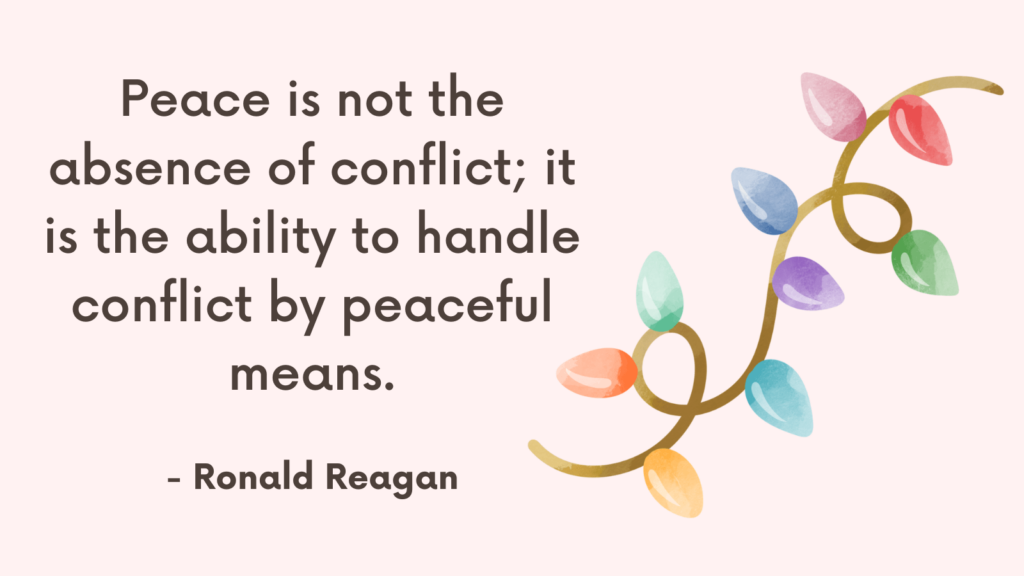The festive season often comes with financial pressure, from gift-giving to social gatherings and travel.
Here are exercises to help manage financial anxiety and stay grounded in your spending habits.
7 Exercises to Manage Financial Anxiety Around the Festive Season
1. Budgeting Exercise: Plan Your Festive Expenses
Start by listing all anticipated expenses, including gifts, food, travel, and events. Assign a realistic budget to each category to understand the total expected cost.
Steps:
– List categories like gifts, travel, dining, and decor.
– Set a budget for each, aiming for amounts that won’t strain your finances.
– Track each purchase, and adjust as needed to stay within your limits.
2. Mindful Spending Exercise: Pause and Reflect
Before each purchase, take a moment to pause and reflect. This helps ensure that your spending aligns with your values and budget.
Steps:
– Ask yourself, “Is this purchase necessary?” and “Will it bring lasting joy or value?”
– Wait 24 hours before making non-essential purchases.
– This intentional approach helps curb impulsive spending and keeps you within budget.
3. Gratitude and Reframing Exercise: Shift the Focus
Financial anxiety often increases when we focus on what we don’t have or what we can’t spend. Shifting focus to what we already have can reduce stress and create a positive mindset.
Steps:
– Write down three non-material things you’re grateful for each day (e.g., relationships, health, memories).
– Reflect on how these add meaning to the festive season, shifting focus from spending to appreciation.
Related: Top 10 Exercises to Cultivate an Attitude of Gratitude
4. Create a “No-Spend Day” Calendar
Designate certain days as “no-spend days” during the festive season to help build mindful spending habits and reduce anxiety.
Steps:
– Choose 1–2 days each week as “no-spend” days.
– Avoid buying anything non-essential on these days.
– Observe how these breaks help you feel more in control of your finances and reduce anxiety.
5. Journaling Exercise: Release Financial Worries
Writing about your financial anxieties can help release pent-up stress, allowing you to approach the season with a calmer mindset.
Steps:
– Write down your biggest financial worries and any potential solutions.
– Reflect on past festive seasons and identify moments that were fulfilling beyond spending.
– Revisit your journal entries to track progress and notice any recurring patterns in your mindset.
Related: How to Use Scheduled Worry to Relieve Anxiety?
6. Prioritization Exercise: Identify Top Values
Identify what matters most to you during the festive season. This exercise helps you align spending with your values and reduce stress from external pressures.
Steps:
– List your top 3 values for the season (e.g., family time, rest, giving).
– Reassess your budget, ensuring most of your spending supports these values.
– By prioritizing, you can reduce spending in areas that don’t hold as much value, easing financial anxiety.
7. Weekly Review Exercise: Reflect and Adjust
Each week, review your spending and progress with your budget. This helps you stay on track and reduces surprises, easing financial anxiety as the season progresses.
Steps:
– Set aside 15–20 minutes each week to review your budget and expenses.
– Compare actual spending to your planned budget.
– Make any necessary adjustments to stay within your budget, giving you more control and confidence.
Related: How to Break the Anxiety About Anxiety Cycle In 5 Practical Steps?

Why Financial Anxiety Peaks During the Holidays
The holiday season often comes wrapped in messages of joy, generosity, and celebration — but for many, it also brings a sharp rise in financial anxiety. Here’s why financial anxiety tends to peak during the holidays — and why it matters.
1. The Pressure to Spend
From gifts and decorations to food, travel, and events, the holidays come with a long list of extra expenses. Advertising, sales, and social media often fuel a sense of urgency and comparison, making it feel like spending more means loving more. Even if you’re financially careful, the pressure to spend — or the guilt of not spending — can take an emotional toll.
2. Unrealistic Expectations
Many people feel the need to create the “perfect” holiday experience, especially for children, partners, or extended family. This can lead to spending beyond your means, driven by the fear of disappointing others or falling short of cultural norms. When expectations don’t match reality, stress and shame often follow.
3. Accumulated Debt
If you’re already carrying debt, the holidays can deepen the burden. Using credit cards to cover expenses may bring temporary relief but long-term anxiety as bills accumulate. Financial stress doesn’t disappear after the decorations are put away — and knowing this often adds to the pressure in the moment.
4. Comparing Yourself to Others
Social media and holiday gatherings can make it easy to compare your financial situation to others’. Seeing friends take lavish trips, exchange expensive gifts, or host elaborate parties can trigger feelings of scarcity, jealousy, or shame, even if you were content with your choices before.
Related: How to Cope with Family Estrangement During the Holiday Season?
5. Insecurity About the Future
Uncertainty about job stability, inflation, or rising costs can make holiday spending feel even more risky. If you’re already on a tight budget, every holiday purchase may come with second-guessing or guilt. The fear of what happens after the holidays can overshadow the celebration itself.
6. Emotional Spending as Coping
The holidays can bring grief, loneliness, or emotional exhaustion — and some people use shopping as a way to cope. Buying gifts, decorating, or treating yourself can feel like a quick comfort. But emotional spending often leads to regret, increasing both financial and emotional stress.
Conclusion
These exercises will help you manage financial anxiety throughout the festive season, enabling you to enjoy it with less stress and more intentionality around your spending.



